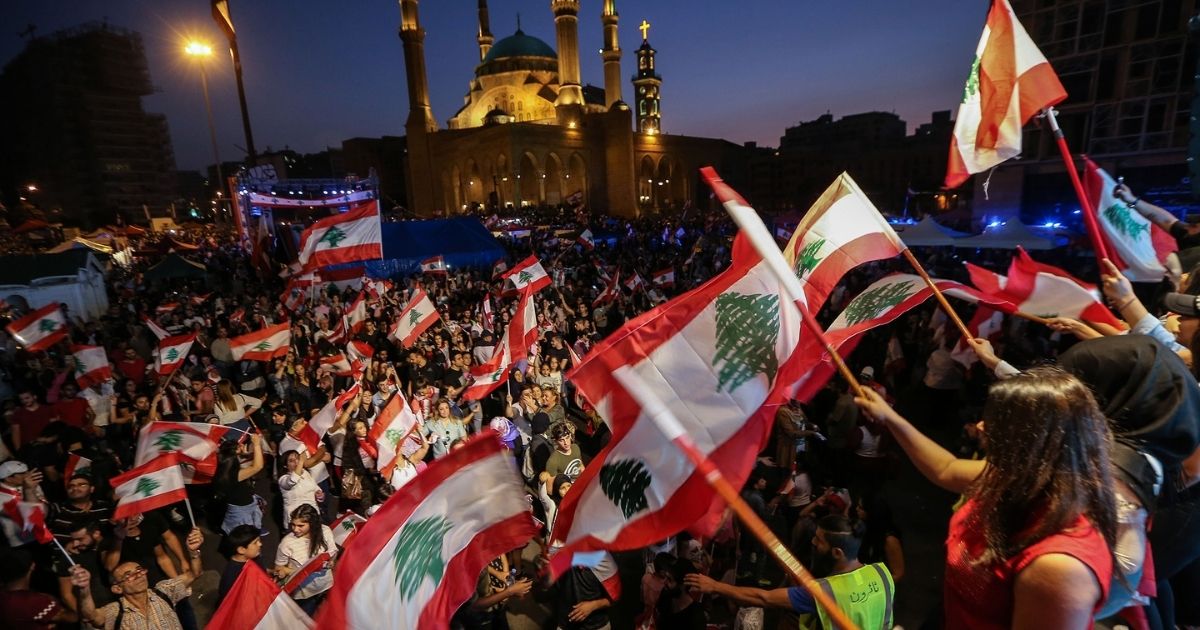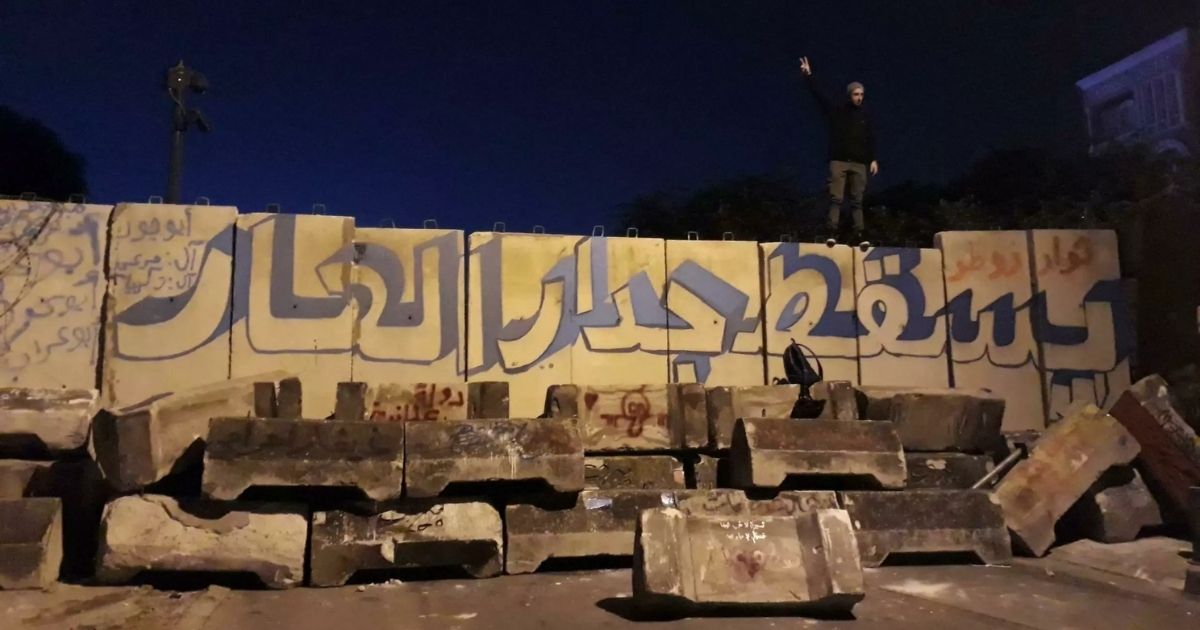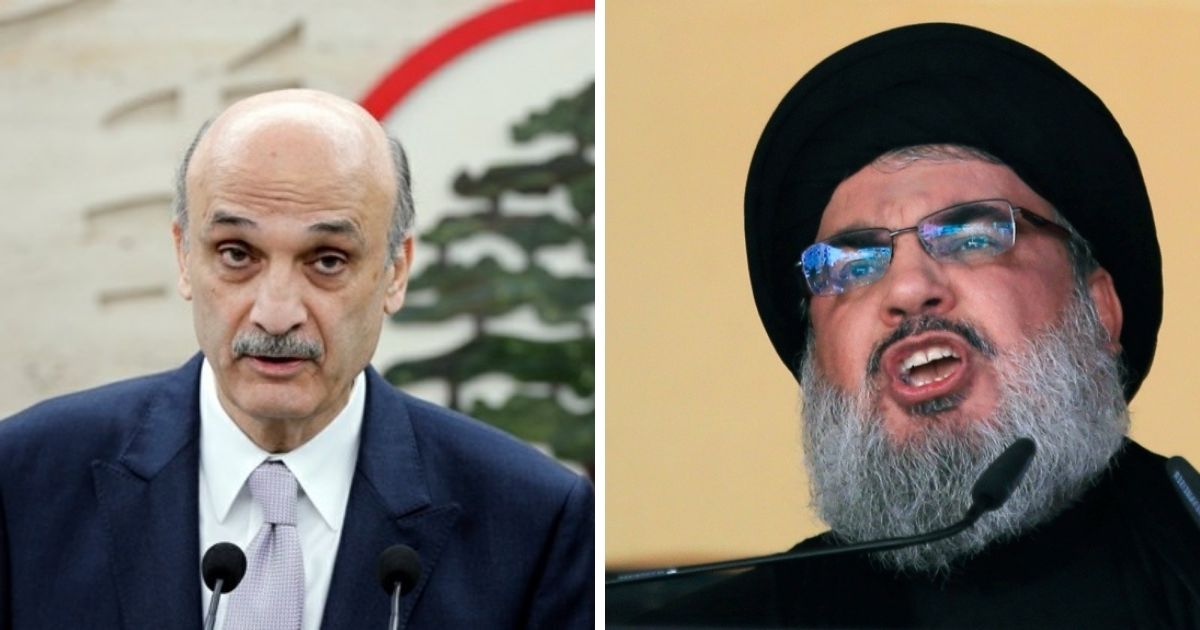For the second day in a row, FPM-affiliated MP Ziad Assouad has headlined the evening news in Lebanon for the chaos that unraveled around his presence.
A video of Assouad’s bodyguards beating and degrading a protester from Tripoli has been spreading like wildfire on social media and causing a backlash against the party.
As the story that circulated social media goes, on Wednesday night, February 5th, MP Assouad was dining at a restaurant in Kessrwan, north of Beirut.
During his stay at the restaurant, supporters of the Free Patriotic Movement posing as revolutionaries baited protesters from Tripoli into the area by informing them via social media of the MP’s whereabouts, urging them to press him to leave.
The FPM group, which includes Ziad Assouad’s bodyguards, set up then an ambush along the road that leads to the restaurant and waited for the protesters.
Upon encountering them, the ambushers viciously beat the protesters and heavily damaged their cars while shouting religious insults and blurting sectarian and bigoted slander at them.
The assailants themselves filmed the ambush and proudly posted the videos on social media.
The most notable – and most abhorrent – of the heavily criticized and contemptible videos was that of the “interrogation” of a young man from Tripoli by the bodyguards of Ziad Assouad.
As if the man had committed a capital offense by leaving his city to another one within his own country, the Patriotic group punched and kicked him around while asking him “who sent you” to their area.
“Aren’t you from Tripoli? Then what are you doing here [in Kessrwan]?!” One of them asked the young man and followed the question with a direct strike to his face.
The provoking video and the appalling mindset that it conveys outraged Lebanese social media users, revolutionaries, and even non-revolutionaries across Lebanon.
This primal conviction of territorial control that these Free partisans still possess proves that even now, in the second decade of the 21st century, the virus of sectarianism and “my area/your area” has not left their makeup and they want to enforce it.
This has nothing to do with the pro-revolution/anti-revolution debate now. This is an attack on, and an insult to, the very core of the Lebanese identity, and to patriotism, and to freedom.
What has sparked even more outrage among people is how the party itself commented on a crime that, not only should offend Lebanese revolutionaries but every Lebanese with a sense of nationalism.
Because after the incident had ended, the Free Patriotic Movement released the following barely-apologetic official statement:
“The Free Patriotic Movement regrets the infringement on individual freedoms in public and private places, and considers that this method does not serve any rightful demands.”
This was not the end of the statement, however; it elaborates:
“Insulting politicians, infringing on their lives and dignity is unacceptable and generates spontaneous reactions by their supporters. Whoever has information or files condemning anyone should take them to court.”
The FPM did condemn the attack eventually, saying that it “affirms its rejection of attacks against anyone in response to abusive behavior, and denounces the attacks on young Tripolitans in Jounieh and the abuse of any group on political or regional grounds.”
The party also stressed “the need for restraint in these sensitive circumstances.” In response to the shameful incident, anti-FPM hashtags such as تيار_العار# (#Party_of_Shame) became trending on Twitter in Lebanon.
The social media platform was also flooded with condemnations and denunciations of the attack on one hand and calls for judicial intervention to punish the attackers on the other.
People from Keserwan also used Twitter to scorn the assaults and show their solidarity with the victims while reinforcing that the sectarian and territorial speech does not represent them, their cities, their region, or their nation.
While the Lebanese people of the revolution have succeeded in uniting themselves as one nation, and keep striving towards that unity as a must for peace in the country, some political parties seem to deem it a threat to them.

















